US-China trade talks break down amid new tariffs
US-China trade talks in Washington have concluded with no major breakthrough amid deepening trade dispute and implementation of another round of import tariffs on each other’s products.
Chinese commerce ministry described the talks as only “candid” in a Friday statement, adding that the two sides will stay in touch. A White House official referred to the negotiations as simply exchange of “views.”
“We concluded two days of discussions with counterparts from China and exchanged views on how to achieve fairness, balance, and reciprocity in the economic relationship,” White House spokeswoman Lindsay Walters said.
She said the discussions included “addressing structural issues in China,” including its intellectual property and technology transfer policies.
China on Thursday filed a complaint with the World Trade Organization (WTO) against the US tariffs. It came after the US and China each launched duties of 25 percent on $16 billion worth of imports from the other country.
The tariffs followed hot on the heels of previous measures which were mutually enacted on July 6 and have affected some $34 billion worth of products from both countries.
As of now, the world's two largest economies have slapped tit-for-tat tariffs on a combined $100 billion worth of goods.
The official exchanges were the first face-to-face meetings between senior American and Chinese officials since early June in efforts to find a way out of an intensifying trade war and escalating tariffs.
Economists estimate that every $100 billion of imports affected by tariffs would reduce global trade by nearly 0.5 percent.
Trump administration officials have been divided on how to strongly pressure Beijing, despite apparent belief in the White House that it is winning the trade conflict.
Prior to the talks, US President Donald Trump insisted in an interview that he did not “anticipate much” from this week’s talks.
US tariffs are beginning to increase costs for consumers and businesses on both sides of the Pacific, compelling companies to adjust supply chains and pricing.
The escalating trade conflict comes amid political spat over a series of issues, chiefly the two sides' grandstanding in the South China Sea.
El Salvador's decision this week to end longstanding ties with Taiwan in favor of China has become the latest lightning rod in the dispute, with the US saying it was of grave concern to Washington.
The White House accused that China was offering economic inducements to seek domination. China's foreign ministry on Friday urged the United States to view correctly its establishment of diplomatic relations with El Salvador.
El Salvador became the third country to switch allegiance to Beijing this year from Taiwan which China views as a wayward province, with no right to state-to-state ties.
UN experts decry Israeli bill allowing execution of Palestinians
Epstein–Barak recording exposes multimillion-dollar fees paid to Tony Blair
UK Palestine Action activists acquitted of burglary in Elbit factory raid
Oman to broker fresh round of Iran-US talks on February 6: Reports
VIDEO | Iran unveils space technology milestones
Israel to shut water, electricity at UNRWA facilities in occupied territories
Ex-Israeli minister calls for safe shelters as Tel Aviv pushes for war on Iran
President Aoun slams Israel for spraying toxic chemicals over south Lebanon


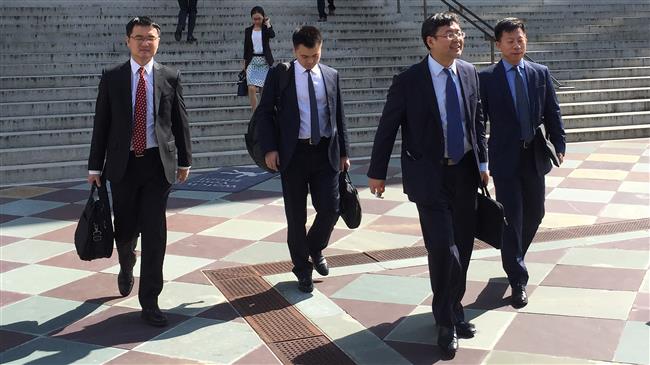



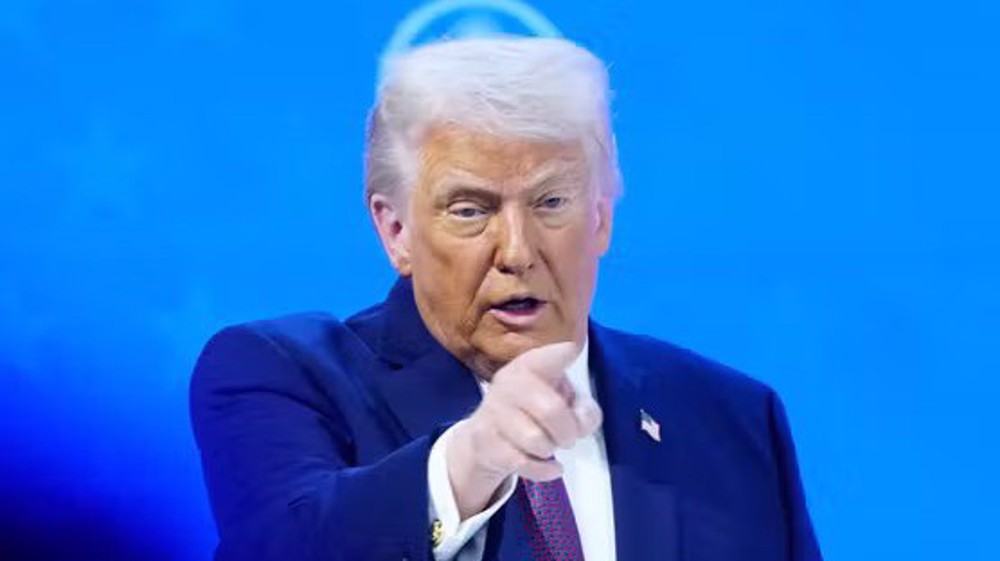
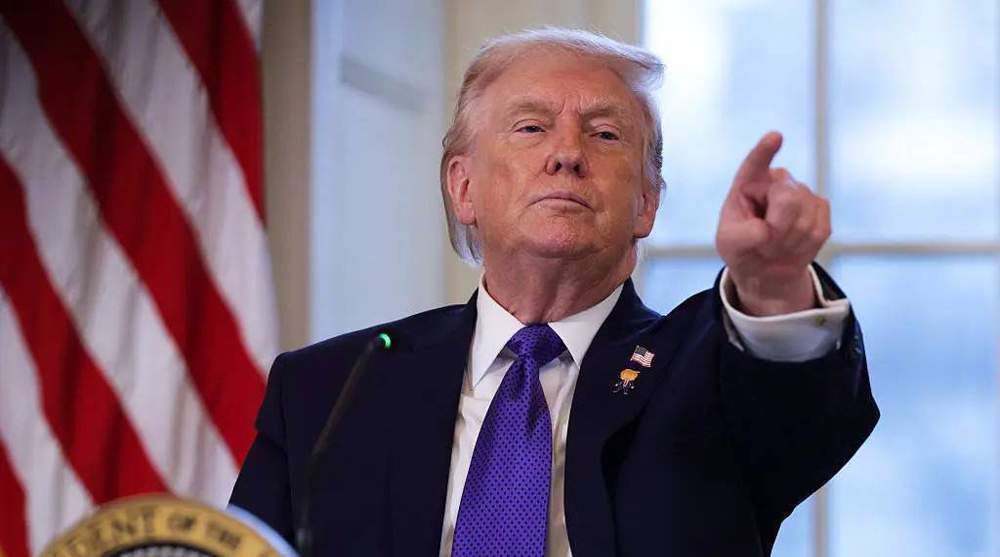




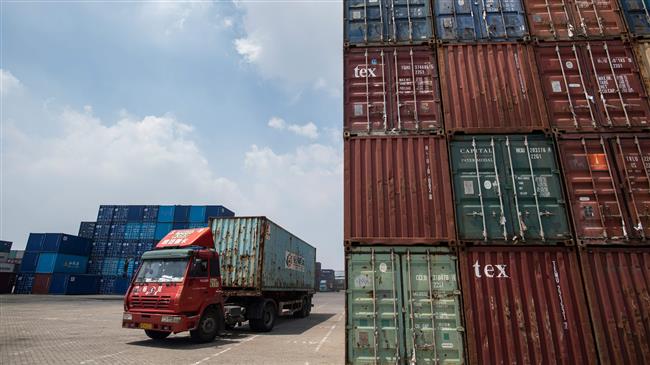
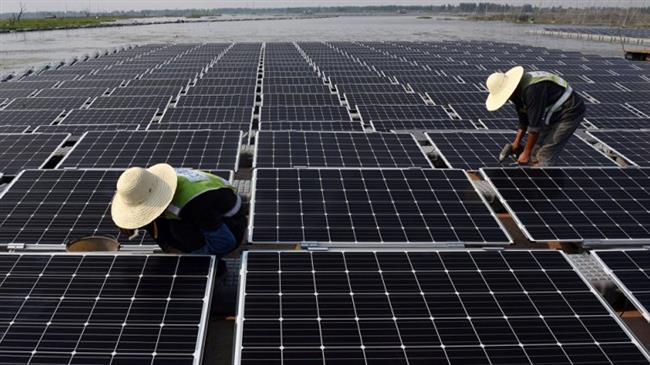

 This makes it easy to access the Press TV website
This makes it easy to access the Press TV website